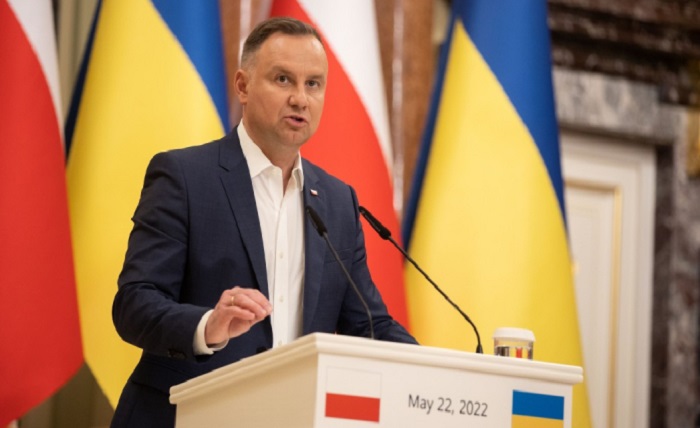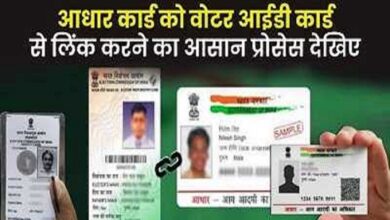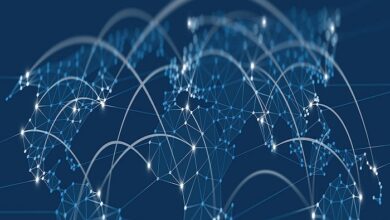Understanding WPolityce: A Comprehensive Guide to Polish Politics”

In the realm of Polish politics, the term ‘WPolityce’ holds significant importance. This phrase encapsulates a multitude of political intricacies, movements, and events that have shaped the nation’s trajectory over the years. In this comprehensive guide, we will delve deep into the world of ‘WPolityce’ and explore its historical roots, key players, and current issues. Join us on this journey to gain a better understanding of Polish politics.
Understanding the Historical Significance of WPolityce
‘WPolityce,’ in the context of Polish politics, refers to the intricate web of political developments and decisions that have played a pivotal role in shaping the nation. To comprehend its significance fully, it is crucial to delve into Poland’s rich historical tapestry.
Poland’s Political Evolution
Poland, with its turbulent history, has seen many changes in its political landscape. From the era of monarchies to the establishment of the Polish Republic, ‘WPolityce’ has been a constant companion on this journey.
Influence of Neighboring Powers
The proximity of powerful neighbors such as Germany and Russia has also significantly impacted ‘WPolityce.’ Historical conflicts, alliances, and shifting borders have all left their mark on Polish politics.
Resilience and Resurgence
Despite facing adversity, Poland has shown remarkable resilience. The Solidarity movement, led by Lech Wałęsa, played a pivotal role in the country’s transition to democracy in the late 20th century, leaving an indelible mark on ‘WPolityce.’
Read more about home-goods
Key Players in ‘WPolityce’
Understanding Polish politics would be incomplete without recognizing the key players who have shaped its course. These individuals and parties have left an enduring mark on ‘WPolityce.’
- 1. Lech Wałęsa: The Champion of Solidarity
Lech Wałęsa, a former electrician, and labor leader, became a symbol of resistance against communist rule in Poland. His leadership of the Solidarity movement earned him global recognition and changed the course of ‘WPolityce.’
- 2. Jarosław Kaczyński: The Conservative Force
Jarosław Kaczyński, the leader of the Law and Justice Party (PiS), has been a dominant figure in modern Polish politics. His party’s conservative agenda has significantly influenced ‘WPolityce’ in recent years.
- 3. Donald Tusk: A European Perspective
Donald Tusk, former Prime Minister of Poland and President of the European Council, brought a European perspective to ‘WPolityce.’ His tenure marked a period of increased engagement with the European Union.
- 4. Andrzej Duda: The President’s Role
Andrzej Duda, Poland’s president, wields considerable influence over ‘WPolityce.’ His role in shaping domestic and foreign policy is crucial to understanding contemporary Polish politics.
Current Issues and Debates in ‘WPolityce’
The world of ‘WPolityce’ is ever-evolving, with numerous contemporary issues and debates that demand attention. Here are some of the pressing matters in Polish politics today.
1. Rule of Law and EU Relations
Poland’s relationship with the European Union has been a contentious issue. Debates over the rule of law and judicial reforms have strained EU-Poland relations, making it a central concern in ‘WPolityce.’
2. National Identity and Immigration
Questions of national identity and immigration have been prominent in recent years. Debates about cultural preservation, integration, and the role of immigration in Polish society continue to shape ‘WPolityce.’
3. Economic Policies and Development
Economic policies, including tax reforms and economic development strategies, are critical to ‘WPolityce.’ The government’s approach to these issues has a direct impact on the lives of Polish citizens.
4. Security and Defense
Security concerns, both domestic and international, play a pivotal role in ‘WPolityce.’ Poland’s NATO membership and its relationship with neighboring countries impact its defense policies.
5. Environmental Challenges
Environmental issues, such as climate change and air quality, are gaining prominence in ‘WPolityce.’ The government’s response to these challenges has become a significant part of political discourse.
The Media’s Role in Shaping ‘WPolityce’
The media landscape plays a crucial role in shaping public opinion and influencing political decisions in Poland. ‘WPolityce’ is not just about politicians and policies; it’s also about how information is disseminated and consumed.
1. Television and News Outlets
Television remains a primary source of information for many Poles. News outlets, both public and private, have a substantial influence on shaping public perception of ‘WPolityce.’
2. Social Media and Online Platforms
The rise of social media has transformed the way ‘WPolityce’ is discussed and debated. Platforms like Facebook and Twitter have given citizens a direct voice in political discourse.
3. Press Freedom and Censorship
Press freedom has been a contentious issue in Poland. Concerns about media independence and censorship have raised questions about the role of the media in ‘WPolityce.’
The Future of ‘WPolityce’
As we look ahead, it is clear that ‘WPolityce’ will continue to evolve and adapt to the changing political landscape. The future of Polish politics is influenced by both domestic and international factors.
1. European Integration
Poland’s relationship with the European Union will remain a key factor in ‘WPolityce.’ The country’s role within the EU and its adherence to European values will shape its future.
2. Economic Growth and Innovation
Economic growth and innovation will play a vital role in ‘WPolityce.’ Poland’s ability to adapt to changing global economic trends will impact its political decisions.
3. Environmental Sustainability
Addressing environmental challenges and promoting sustainability will become increasingly important in ‘WPolityce.’ Climate change mitigation and green policies will be central to future political discourse.
4. Social and Cultural Dynamics
The evolving dynamics of Polish society, including generational shifts and cultural changes, will influence ‘WPolityce.’ Politicians will need to adapt to these shifts to remain relevant.
Conclusion
In conclusion, ‘WPolityce’ is a multifaceted term that encompasses the intricate world of Polish politics. Its historical significance, key players, current issues, and the role of the media all contribute to shaping the nation’s political landscape. As Poland continues to evolve on the global stage, understanding ‘WPolityce’ remains essential for citizens and observers alike. By staying informed and engaged, individuals can actively contribute to the ongoing development of Polish politics and society.





